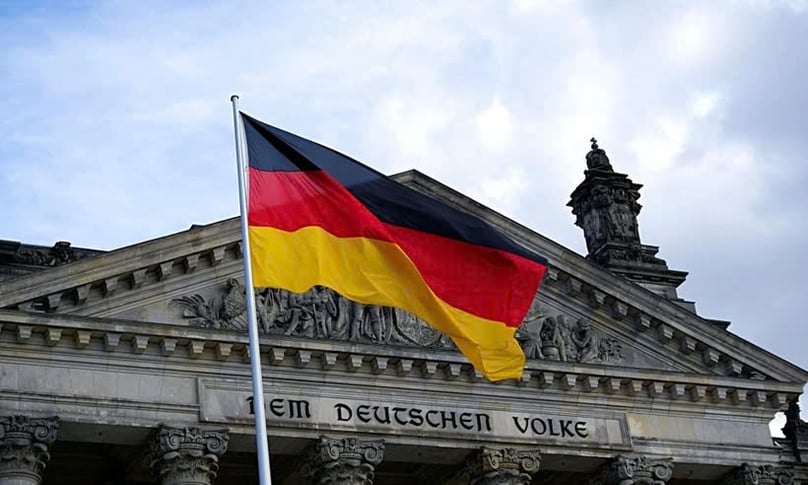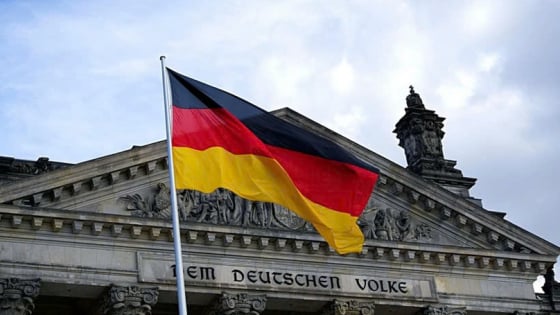By
Vietnam News Agency
Sun, April 20, 2025 | 9:28 pm GMT+7
Germany’s incoming coalition government, led by to-be Chancellor Friedrich Merz, is expected to prioritize strengthening economic ties and deepening relations with the Association of Southeast Asian Nations (ASEAN).
 Germany set to deepen ties with ASEAN under new government. Photo courtesy of chinaobservers.eu.
Germany set to deepen ties with ASEAN under new government. Photo courtesy of chinaobservers.eu.
According to Prof. Dr. Dang Hoang Linh, counselor at the Vietnamese Embassy in Germany, Berlin plays a key role in shaping the European Union’s trade responses, especially to protectionist measures such as U.S. President Donald Trump’s tariff policy.
Germany’s economy, heavily export-driven in sectors like automobiles and machinery, is particularly sensitive to global trade instability.
In response to U.S. threats of tariffs, especially on electric vehicles, Germany has pushed for EU-wide unity and engaged in dialogue with domestic industry associations and major companies like Volkswagen and Mercedes-Benz.
It has also revived interest in a transatlantic free trade zone through restarting TTIP (Transatlantic Free Trade Area) negotiations.
Germany is also preparing defensive measures if tariffs materialize, including countermeasures, financial support for affected sectors, and market diversification. It supports retaliatory taxation on US digital services and coordinated EU actions at the WTO.
The new coalition will maintain a “multi-pillar” approach to economic diplomacy, reviving the Indo-Pacific Strategy launched in 2020. ASEAN, with over 680 million people and a combined GDP of $3.6 trillion, is viewed as a key growth partner.
Germany is expected to push for ratification and implementation of the EU-Vietnam Investment Protection Agreement (EVIPA), which safeguards German investors. It may also pursue bilateral deals with other ASEAN nations and prioritize strategic sectors like green energy, smart cities, and digital innovation.
Beyond trade, Germany will expand “climate diplomacy” in ASEAN, supporting green hydrogen, carbon markets, and vocational training in clean energy.
In the long run, Berlin aims to elevate ties with ASEAN to a Comprehensive Strategic Partnership and launch an annual EU-ASEAN consultation mechanism on economic security, especially in sensitive industries like semiconductors and renewable energy.
